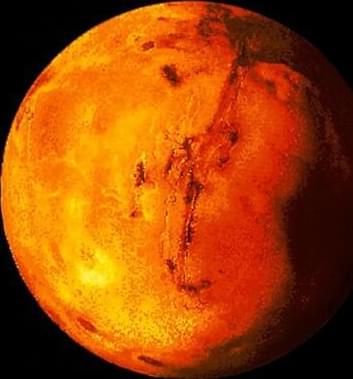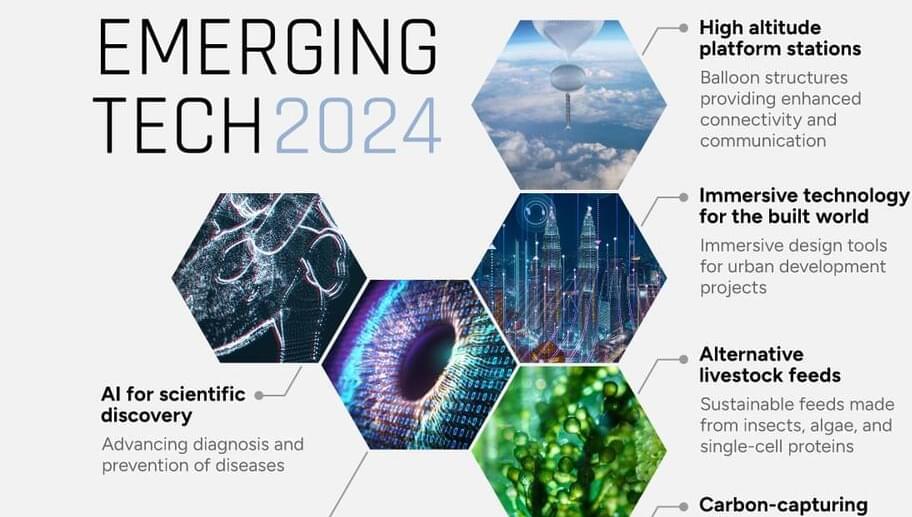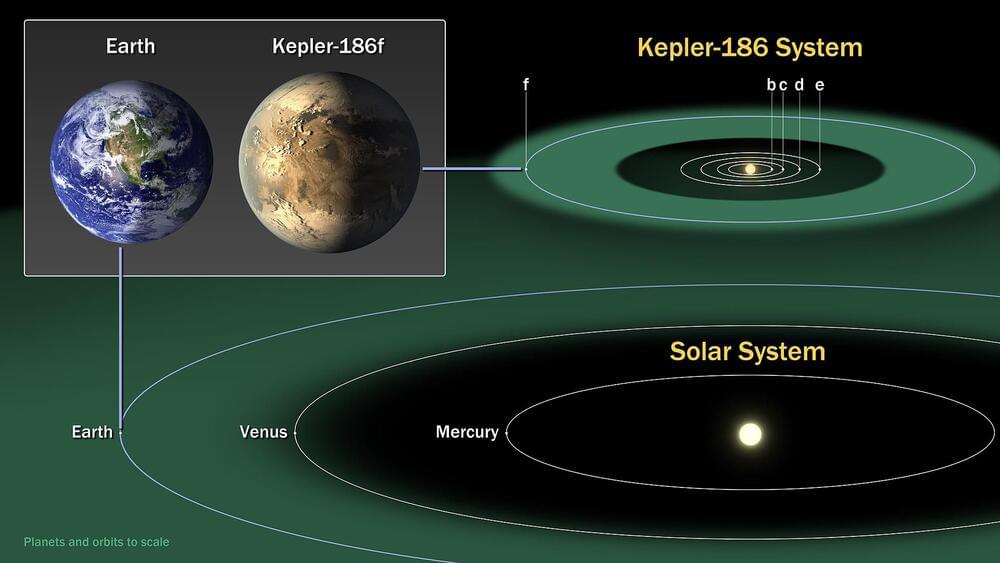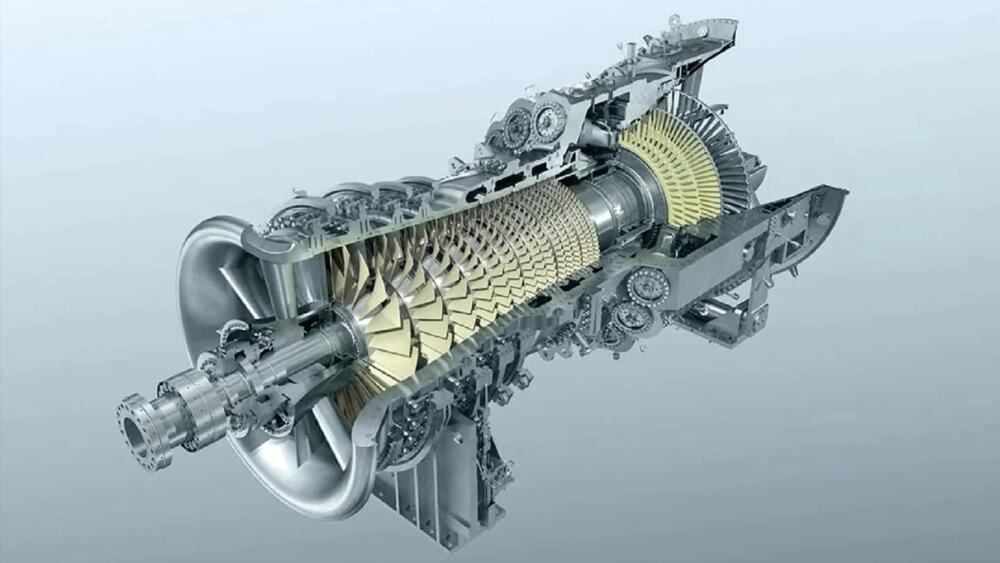In time, businesses may wake up to the true potential of artificial intelligence. But if worries grow, big tech’s spending plans will start to look as extravagant as its valuations.
So far the technology has had almost no economic impact.


Space-based solar power, an innovative concept that involves capturing solar energy in space and transmitting it to Earth, offers limitless opportunities in system design, manufacturing and deployment. This technology has the potential to revolutionize the energy industry, addressing global clean energy demands while minimizing environmental impact.
The availability of space resources, such as asteroid mining and lunar regolith utilization, presents opportunities for companies that invest in technologies and techniques to extract and process these resources, including precious metals, water and rare minerals.
The importance of continued investment in space exploration cannot be overstated. As space technology advances, businesses must consider potential applications in their industries. Collaboration between space agencies and private companies is key to driving innovation and economic growth, offering countless opportunities for the future.
And this shows one of the many ways in which the Economic Singularity is rushing at us. The 🦾🤖 Bots are coming soon to a job near you.
NVIDIA unveiled a suite of services, models, and computing platforms designed to accelerate the development of humanoid robots globally. Key highlights include:
- NVIDIA NIM™ Microservices: These containers, powered by NVIDIA inference software, streamline simulation workflows and reduce deployment times. New AI microservices, MimicGen and Robocasa, enhance generative physical AI in Isaac Sim™, built on @NVIDIAOmniverse
- NVIDIA OSMO Orchestration Service: A cloud-native service that simplifies and scales robotics development workflows, cutting cycle times from months to under a week.
- AI-Enabled Teleoperation Workflow: Demonstrated at #SIGGRAPH2024, this workflow generates synthetic motion and perception data from minimal human demonstrations, saving time and costs in training humanoid robots.
NVIDIA’s comprehensive approach includes building three computers to empower the world’s leading robot manufacturers: NVIDIA AI and DGX to train foundation models, Omniverse to simulate and enhance AIs in a physically-based virtual environment, and Jetson Thor, a robot supercomputer. The introduction of NVIDIA NIM microservices for robot simulation generative AI further accelerates humanoid robot development.

CEDAR PARK, Texas (KXAN) — Cedar Park is now home to a first-of-its-kind distinction in the state. The city is now hoping to cash in on the popularity of video games and virtual reality.
Cedar Park is now officially known as a “Digital Media Friendly Texas Certified Community.”
“This program is really designed to bring in that tech and creative talent,” Arthur Jackson, Chief Economic Development Officer for the city, said.
When I have described my rationale for the likelihood of the Economic Singularity, key to this has been the ability of this new form of machine intelligence to make decisions and to make plans.
SummaryTatiana Mamut, co-founder of Wayfound AI, explains that AI agents are like human workers with the ability to interact and make decisions on their own…

This was originally posted on our Voronoi app. Download the app for free on iOS or Android and discover incredible data-driven charts from a variety of trusted sources.
Emerging technologies of today have the power to reshape industries, achieve significant scale, and shift the economic landscape.
From AI-driven advancements in disease detection to carbon-capturing microbes, these technologies stand to improve future society. Meanwhile, greater efficiencies in wireless connectivity allow networks to drive higher data rates and enhance robust communications across 6G networks and the industrial internet-of-things.

“While these conditions are necessary for a planet to host life, they do not guarantee it,” said Anthony Atkinson. “Our work highlights the importance of considering a wide range of factors when searching for habitable planets.”
Does a planet just have to be in a star’s habitable zone to be habitable, or are other forces at play? This is what a recent study published in The Astrophysical Journal hopes to address as a team of researchers from Rice University and NASA investigated whether the interaction between a star’s and a planet’s respective magnetic fields could play a role in determining the habitability potential for an exoplanet. This study holds the potential to help scientists better understand the formation and evolution of exoplanets and the necessary conditions for life to emerge on those worlds.
“The fascination with exoplanets stems from our desire to understand our own planet better,” said Dr. David Alexander, who is a professor of physics and astronomy at Rice University, director of the Rice Space Institute and member of the Texas Aerospace Research and Space Economy Consortium, and a co-author on the study. “Questions about the Earth’s formation and habitability are the key drivers behind our study of these distant worlds.”
For the study, the researchers incorporated a star’s stellar activity and magnetic field into longstanding computer models designed to simulate planetary conditions, specifically for habitability. The team then analyzed 1,546 exoplanets to determine the most suitable exoplanets for habitability. In the end, they found that only two exoplanets were potentially habitable: K2-3D and Kepler-186 f. This was based on their size, location within the habitable zone, reside outside the distance where the solar wind separates from the star, and whose magnetic field strengths can shield them from harmful radiation.


One would not be wrong to note that Toyota’s hydrogen engine exhibits enormous performance characteristics. This engine has the capacity to develop one hundred and fourteen horsepower and one hundred and forty Newton meters of torque and, as such, can be used in different car types.
The power-to-weight ratio is also impressive, at 125 horsepower per ton and CO2 emissions of 144 g/km, the thermal efficiency of the engine is 44%, far higher than any traditional gasoline engine. This high efficiency concerns better fuel economy and fewer emissions. The fueling system can also be said to be one of the peculiarities of the hydrogen engine that Toyota uses.

Sam Altman, CEO of OpenAI,… said some kind of national payments would likely be needed as technology killed more jobs even as it generated massive wealth for others.
Many tech entrepreneurs have long suggested that guaranteed income could cushion job losses from AI and automation. The latest and largest study of the idea was spearheaded by the man behind ChatGPT.